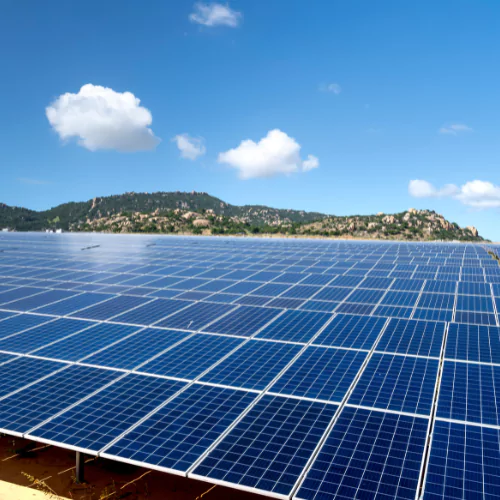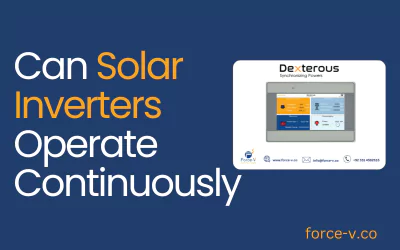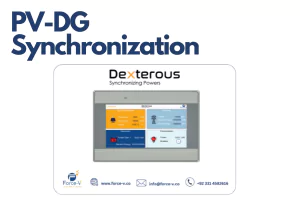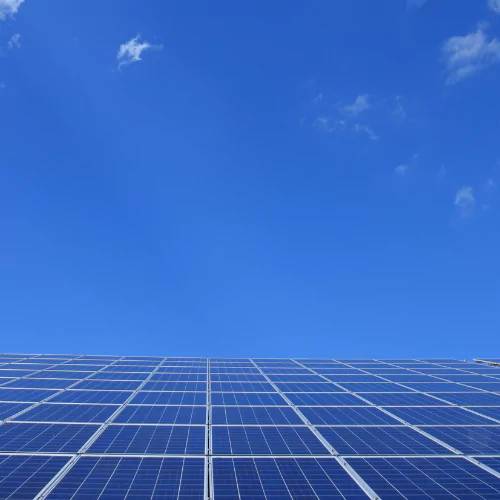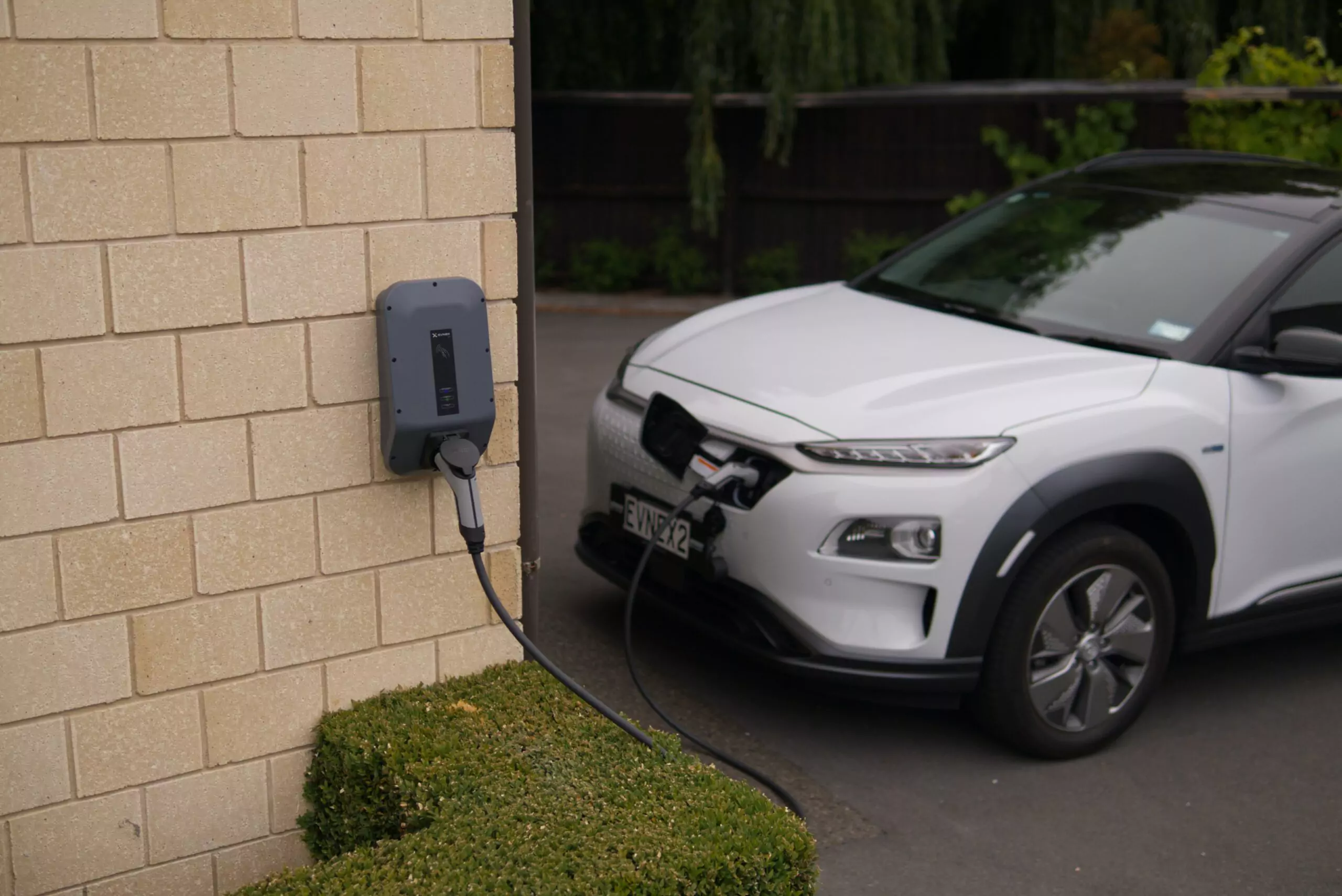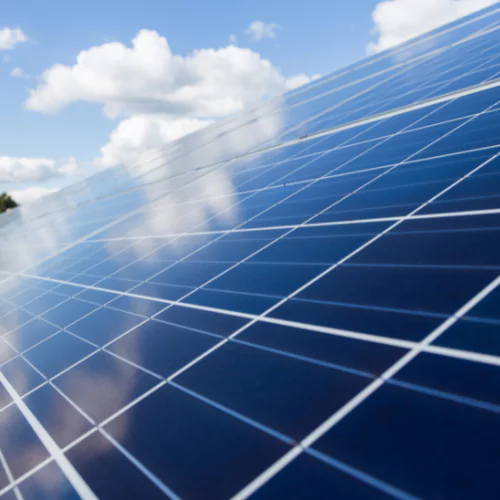PV Diesel Hybrid Controllers
A PV Diesel Hybrid Controller is an intelligent energy management system that optimizes the integration of solar photovoltaic (PV) power with diesel generators in hybrid power systems. These controllers ensure efficient power distribution, reduce fuel consumption, and enhance system reliability. They are widely used in off-grid and remote applications, such as telecom towers, rural electrification, and industrial microgrids.
Components of a PV Diesel Hybrid System
A typical PV Diesel Hybrid System consists of:
- Solar PV Array – Converts sunlight into electricity.
- Diesel Generator – Provides backup power when solar energy is insufficient.
- Battery Bank – Stores excess solar energy for later use.
- Hybrid Controller – Manages power flow between PV, diesel, batteries, and loads.
- Inverter/Charger – Converts DC to AC and vice versa.
- Loads – Electrical appliances or equipment consuming power.
Functions of a PV Diesel Hybrid Controller

The hybrid controller performs several critical functions:
- Power Prioritization
- Uses solar power as the primary source.
- Activates the diesel generator only when solar and battery power are insufficient.
- Load and Generation Balancing
- Ensures stable power supply by dynamically adjusting energy sources.
- Prevents overloading or underutilization of the diesel generator.
- Battery Management
- Controls charging/discharging to extend battery life.
- Prevents deep discharge and overcharging.
- Automatic Generator Start/Stop (AGS)
- Starts the diesel generator when battery levels drop below a threshold.
- Shuts it down when solar power or batteries can meet demand.
- Fuel Efficiency Optimization
- Minimizes diesel runtime, reducing fuel consumption and emissions.
- Operates the generator at optimal load levels for better efficiency.
- Grid Interaction (if applicable)
- Some hybrid controllers can integrate with grid power for additional backup.
Types of PV Diesel Hybrid Controllers
- DC-Coupled Hybrid Controllers
- Solar PV charges the battery bank directly via a charge controller.
- Diesel generator supplies power through an inverter/charger.
- AC-Coupled Hybrid Controllers
- Solar PV connects via a grid-tie inverter.
- Diesel generator and battery inverter work in parallel to supply AC loads.
- Advanced Smart Hybrid Controllers
- Use AI and machine learning for predictive energy management.
- Remote monitoring via SCADA or IoT platforms.
Advantages of PV Diesel Hybrid Controllers
Applications
- Telecom Towers – Ensures 24/7 power in remote locations.
- Rural Electrification – Provides affordable electricity in off-grid villages.
- Industrial Plants – Reduces energy costs in mining and manufacturing.
- Military Bases – Enhances energy security in isolated areas.
- Island Grids – Combines solar and diesel for stable microgrids.
Key Features to Look for in a Hybrid Controller
✔ Seamless Switching – Smooth transition between power sources.
✔ MPPT Solar Charging – Maximizes solar energy harvest.
✔ Remote Monitoring – Real-time data logging and control.
✔ Scalability – Supports system expansion with additional PV or batteries.
✔ Protection Mechanisms – Overload, short-circuit, and surge protection.
Conclusion
PV Diesel Hybrid Controllers play a crucial role in optimizing hybrid power systems by intelligently managing solar and diesel energy. They enhance efficiency, reduce costs, and provide reliable electricity in off-grid and remote applications. As renewable energy adoption grows, these controllers will become even more essential in sustainable energy solutions.
Also Check:

